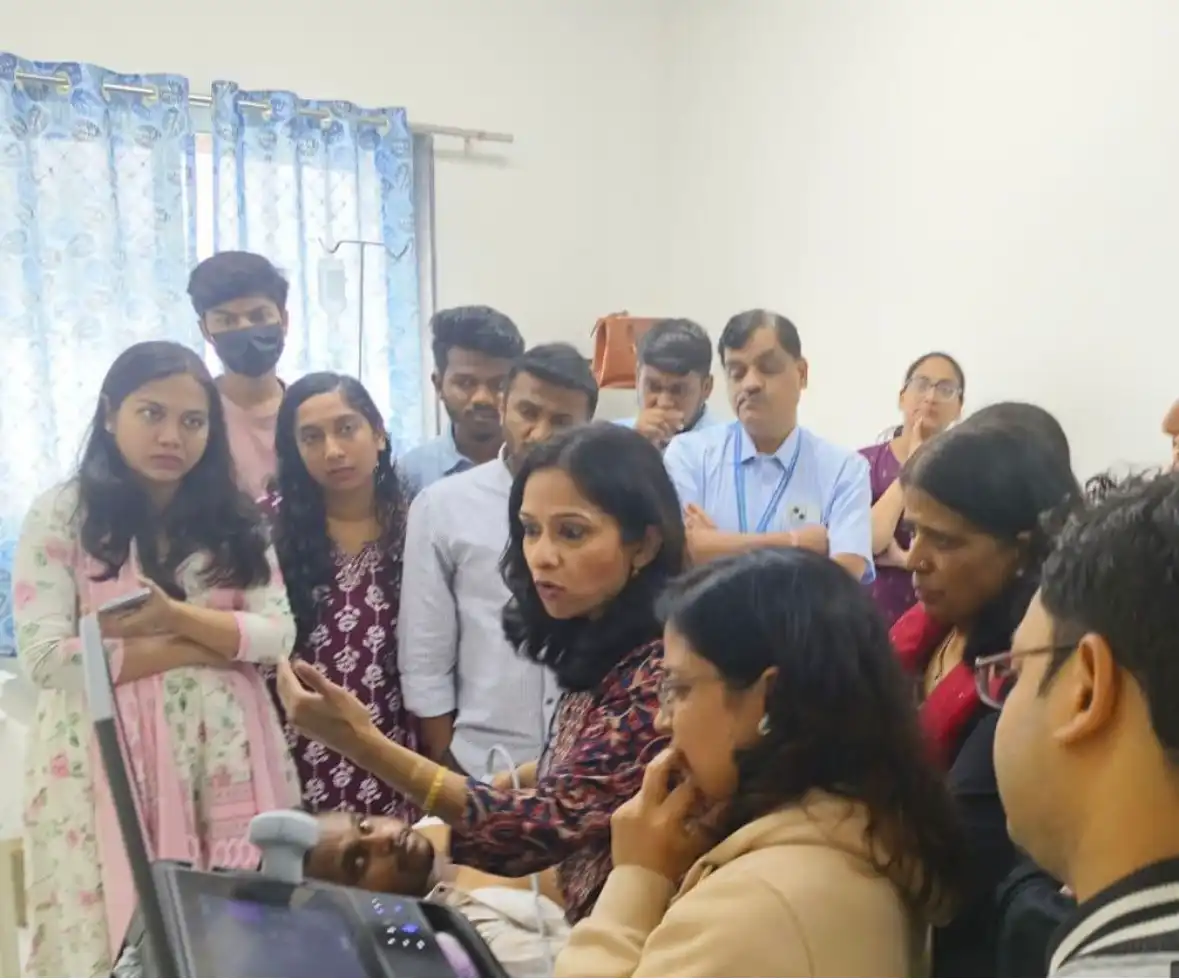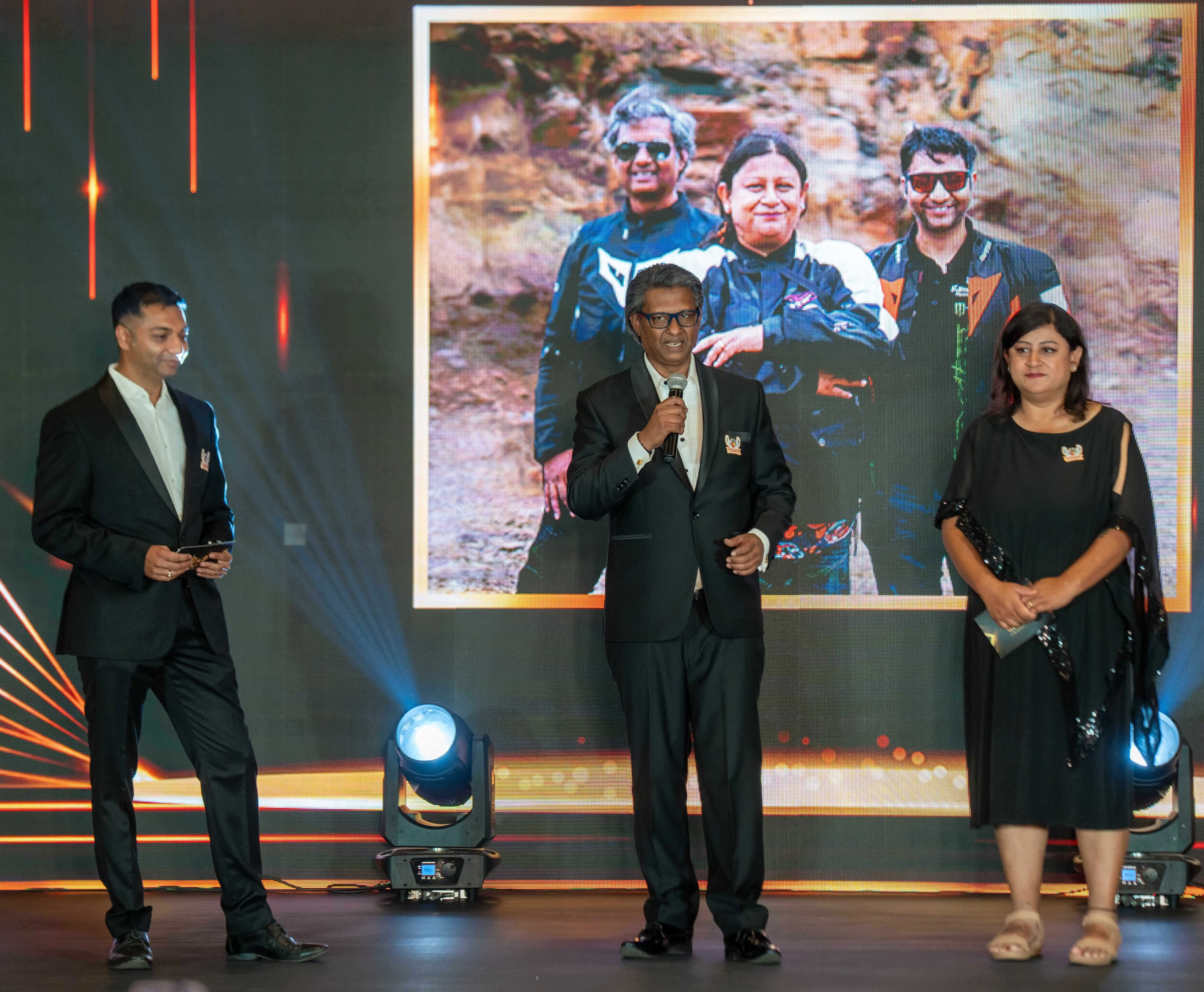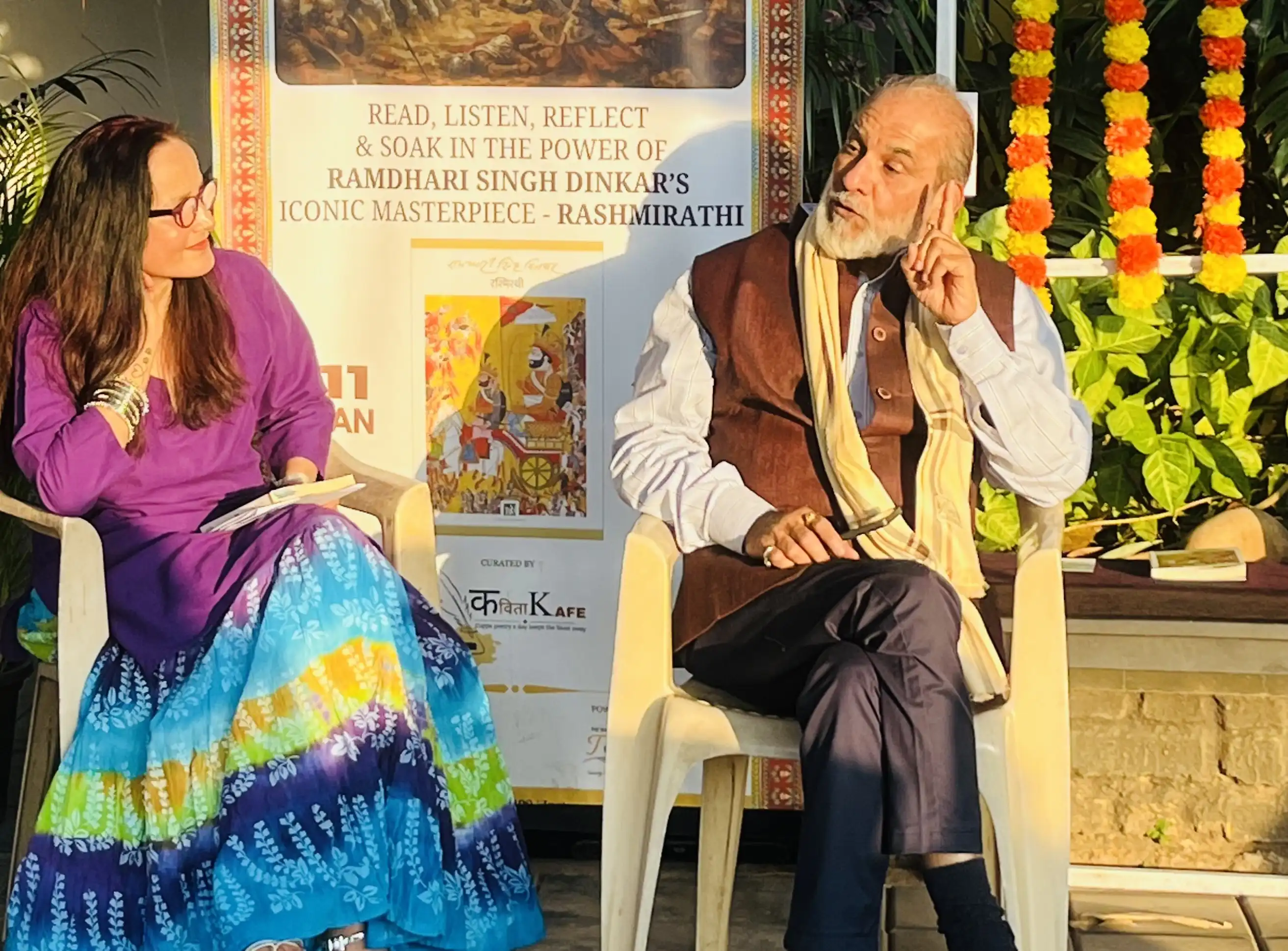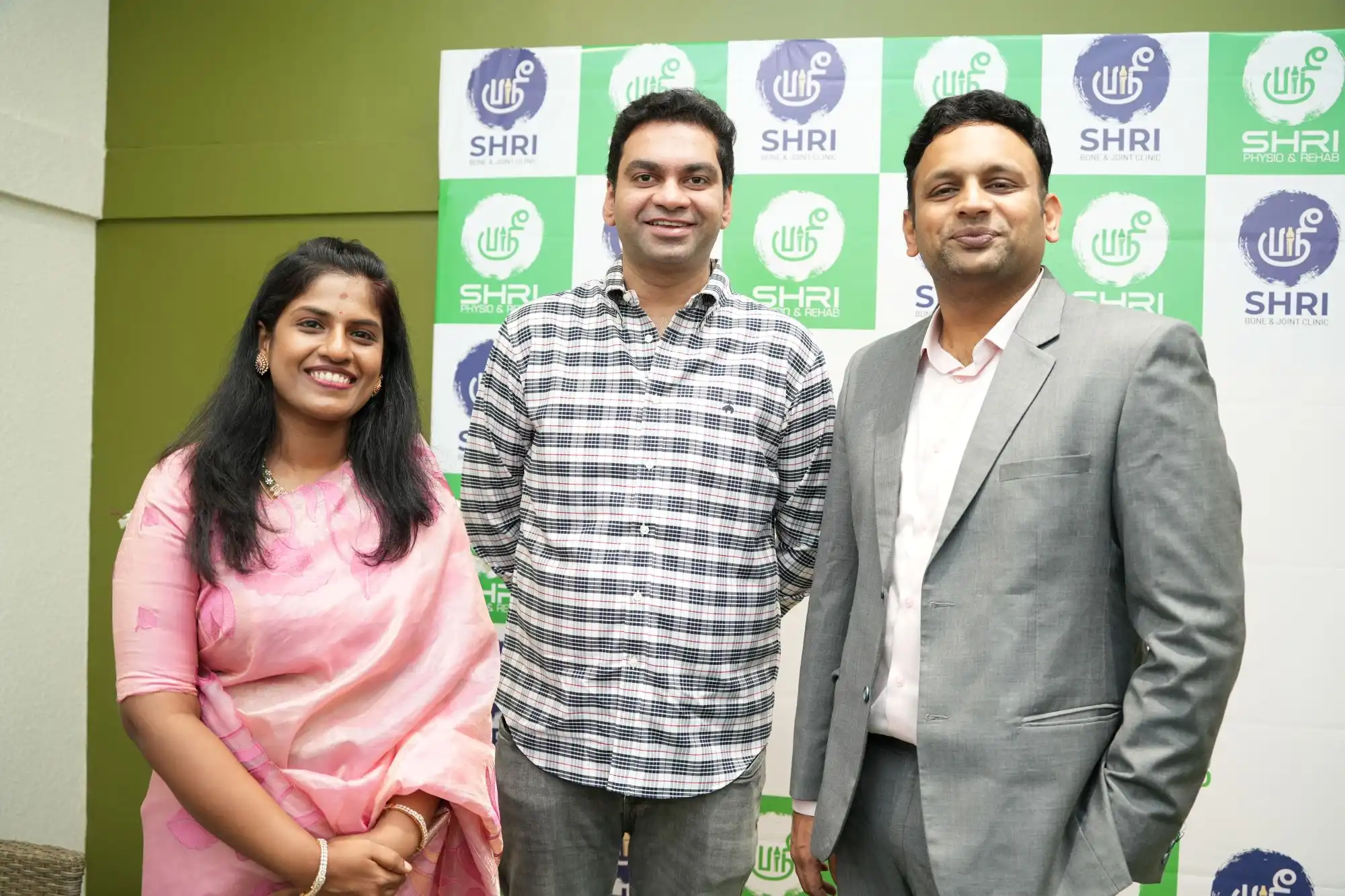Beth Israel Deaconess Medical Center (BIDMC), Boston, USA—an affiliate of Harvard Medical School—has introduced an important Global Health Initiative in India focused on Point-of-Care Ultrasound (POCUS). Led by Dr Shweta Yemul Golhar, who serves as course director and faculty at BIDMC and Harvard Medical School, this programme provides specialized training to Anesthesia faculty at Pune’s prestigious B.J. Medical College (BJMC) and Sassoon General Hospital. Dr Golhar recently conducted an in-person training session offering practical instruction in POCUS techniques.
The training curriculum, which is certified by BIDMC, spans three months and includes online interactive sessions with anesthesiology experts in Boston. In its final phase, Dr Golhar’s visit to Sassoon General Hospital allowed participants to apply POCUS skills in a clinical setting. Early feedback has been highly favorable, prompting Dr Golhar and the BIDMC team to plan the integration of more advanced POCUS techniques, including Transesophageal Echocardiography (TEE), in future sessions. There is also growing interest among faculty from various states in India, who have expressed a strong desire for this training in their own institutions.
BJMC and Sassoon General Hospital rank among India’s premier government-run medical institutions, serving thousands of patients every year and supporting a wide range of specialized healthcare services. Sassoon General Hospital’s reputation for clinical research and practical expertise in resource-constrained settings made it a fitting partner for this initiative. By incorporating real-time ultrasound assessments, anesthesiologists in Pune can strengthen patient safety measures and address emergencies and other complex clinical scenarios with greater confidence. These imaging methods offer valuable insights for managing difficult airway situations, obstetric cases, trauma care, postoperative follow-up, and complications stemming from infectious diseases.
The training curriculum, which is certified by BIDMC, spans three months and includes online interactive sessions with anesthesiology experts in Boston.
The program is shaped by BIDMC’s experience in global health partnerships, notably its work in Botswana with the Scottish Livingstone Hospital and Princess Marina Hospital. In India, where road traffic accidents, high-volume obstetric cases, and infectious diseases are common, the use of POCUS represents a significant advance in critical care. The initiative promotes ongoing collaboration between BIDMC and Sassoon General Hospital, encouraging joint research, shared problem-solving, and the exchange of clinical expertise.
This collaboration highlights the importance of cross-border education and training. By nurturing a community of physicians proficient in POCUS, the program supports India’s healthcare system while extending BIDMC’s international engagement. In the long term, it is expected to broaden clinical capabilities, lead to fresh research insights, and offer valuable approaches that benefit patient care in both India and the United States. The strong reception of the program in Pune, along with the demand from other states, suggests that these joint efforts could make a meaningful difference in advancing medical practices and outcomes across diverse regions.





